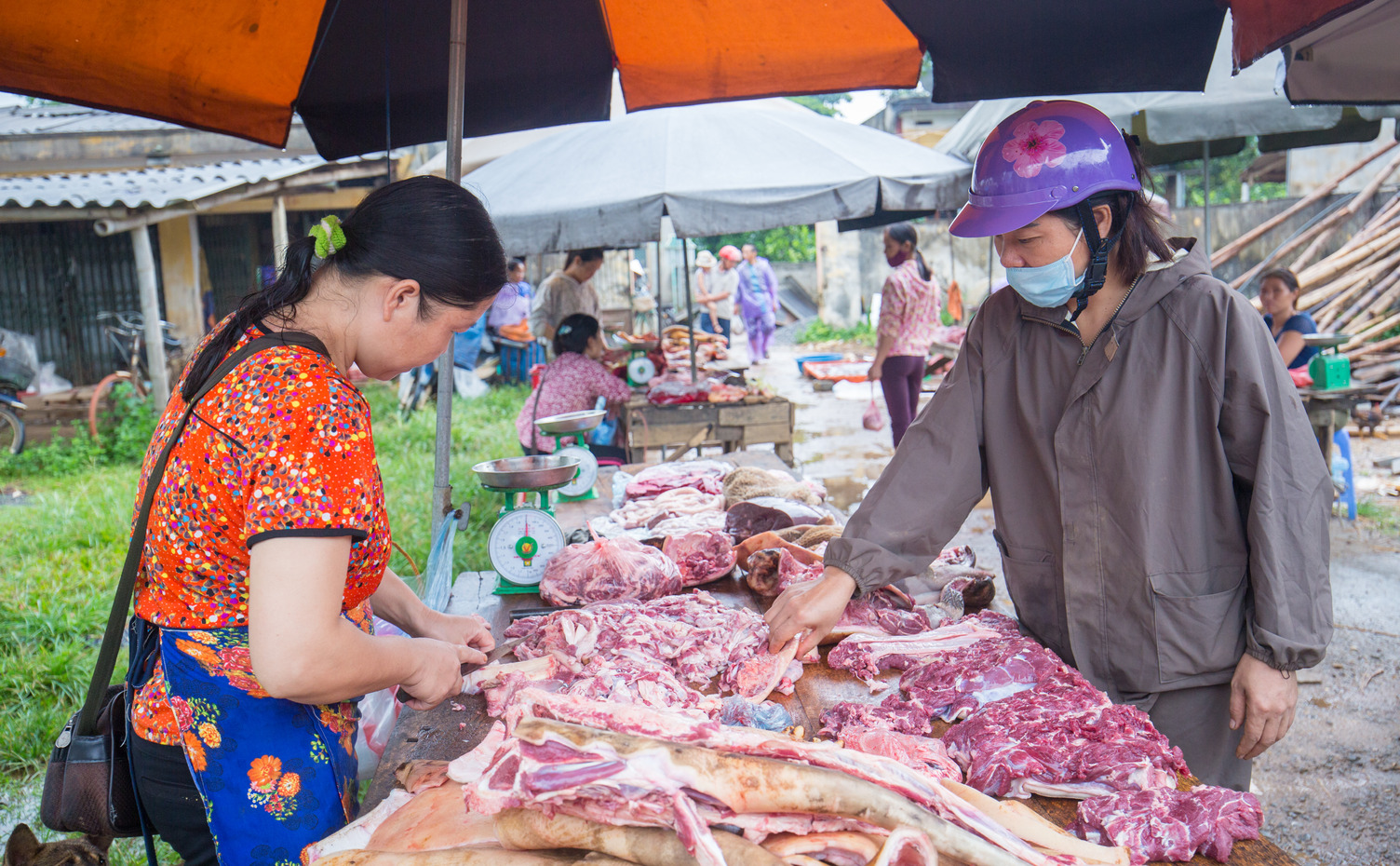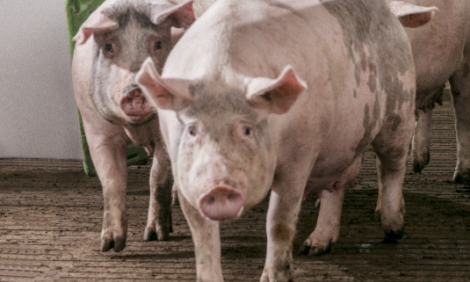



Pork rib prices in China surge after German imports are banned
China’s restaurant and food service sector suffers after Beijing suspends imports of pig meat from Germany.Reuters reports that China’s restaurants are still recovering from the COVID-19 pandemic that shuttered the sector earlier this year.
Pork ribs are one of China's best-selling menu items but many restaurants specialising in the cut rely on imports, which can be up to 10 times cheaper than local supplies.
Germany was among the biggest suppliers of ribs to China until it confirmed its first case of African swine fever, an incurable hog disease, earlier this month.

After Beijing halted all German pork imports, prices of frozen ribs have surged, say restaurant owners, eroding profits just as customers finally reach normal levels after the coronavirus epidemic.
The price rise also comes after domestic pork hit eye-watering levels last year as China's production plunged because of its own African swine fever outbreaks.
China, which produces about half the world's pork, has boosted imports by 134 percent in the first eight months of this year to partly offset its shortfall.
But amid strong demand, imported back ribs had already almost doubled from last year's price to 11 yuan ($1.62) per kilogram in May, said the manager of an Inner Mongolia-based branch of a "ribs and rice" chain.
The restaurant uses about half a tonne of ribs each week for its 29 yuan-set of back ribs with soup or fermented cabbage and a bowl of rice. About half typically comes from Germany, and the rest from Spain, Denmark or elsewhere.
This week, prices jumped to 14 yuan, said the manager, adding they could hit 16 yuan by next week.
"This is costing me an extra 300 yuan a day, which is the equivalent of hiring three more staff. I hope I can survive this year," he said, declining to be named.
Imported pork, usually frozen, is used more by restaurants and canteens than supermarkets where consumers prefer to buy fresh local meat.
The prices of imported ribs have increased more significantly than other pork cuts because Germany is such a large supplier, said Liu Xiaofeng, managing director at consultancy Meat International Group.
In May, it shipped almost 20,000 tonnes of spare ribs to China, he said. Spare rib prices rose from 38 yuan per kilo to 44 yuan last week.
The United States, China's largest pork supplier overall, consumes more ribs at home than European countries, meaning it has little to supplement China's supplies.
Spain, another of China's major rib suppliers, will benefit from the higher prices, along with other European suppliers like Denmark and the Netherlands.
Though domestic pork prices are falling as China rebuilds its huge hog herd, they remain much higher than European items.
Domestic back ribs were being offered for 52 yuan per kilogram last week.
"Domestic ribs are out of reach," said Cao Xianli, who owns a "ribs and rice" restaurant in Qingdao.
Raising menu prices is not an option, he added, without putting off customers who have only just come back.
($1 = 6.7861 Chinese yuan)






